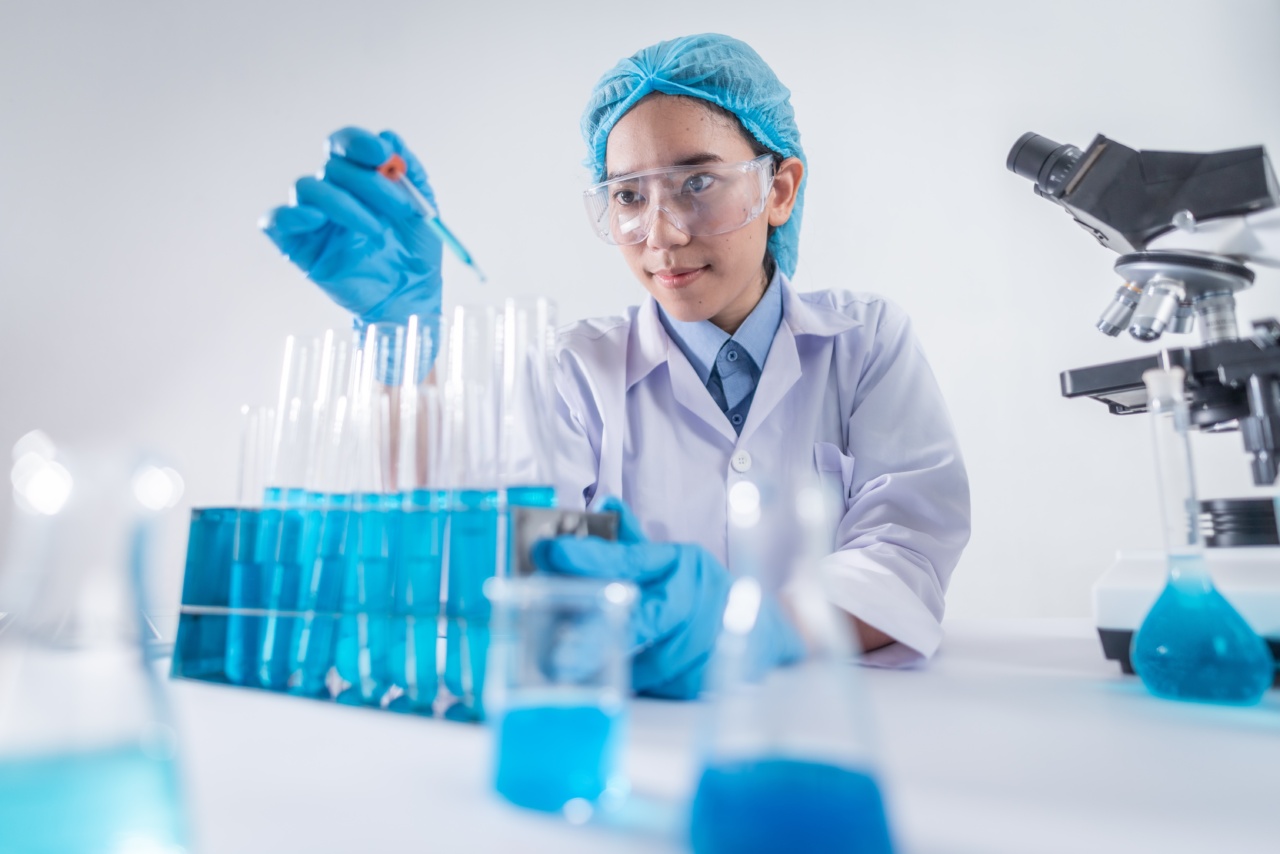Breastfeeding is the most natural way to feed a newborn. It provides all the essential nutrients that the infant needs for growth and development. Breast milk is also packed with immune properties that protect the baby from harmful pathogens.
In addition, breastfeeding plays a crucial role in safeguarding infants from harmful substances that could affect their health in the long run.
What are harmful substances?
Infants are vulnerable to harmful substances that they come across in their environment. Harmful substances are toxic elements such as chemicals and heavy metals that can damage the body’s cells and organs.
Some of these substances include lead, mercury, cadmium, and arsenic. Others are chemicals such as pesticides, herbicides, and industrial pollutants. These substances can enter the infant’s body through the air, water, or food.
Breast milk protects infants from harmful substances
Breast milk is an essential source of nutrition for newborns. It contains many protective factors that not only nourish the baby but also safeguard the baby from the harmful substances in their environment.
Breast milk contains antibodies, white blood cells, and other immune defenses that form a protective shield around the baby’s body. This shield ensures that harmful substances do not penetrate the baby’s body.
How breastfeeding reduces exposure to harmful substances
Breastfeeding ensures that the infant’s exposure to harmful substances is minimal. Breast milk is free of chemicals and toxins found in the environment.
It is also pure and fresh, reducing the baby’s exposure to contaminants such as bacteria and viruses. Breast milk is also easily digested by the baby’s immature digestive system, reducing the absorption of harmful substances.
Breast milk and brain development
Breast milk contains a unique set of nutrients that promote optimal brain development. One of the essential brain nutrients is DHA (docosahexaenoic acid).
DHA is a type of fatty acid found in breast milk that is crucial for the development of the nervous system, including the brain. Infants who are breastfed have higher DHA levels in their brain than those who are formula-fed. This helps protect the baby’s brain from harmful substances such as lead and mercury that can impair the developing brain.
Breastfeeding and the immune system
Breast milk is packed with immune factors that bolster the baby’s immune system. Breast milk contains immunoglobulins, which are proteins that protect against bacterial and viral infections.
Breast milk also contains live white blood cells that help detect and fight off infections. These immune defenses protect the baby from environmental toxins that can compromise the immune system.
Breastfeeding and protection from allergies and asthma
Breastfeeding has been shown to reduce the risk of allergies and asthma in children. Breast milk contains immunoglobulins that prevent the baby from developing allergies.
Breastfeeding also promotes beneficial gut bacteria that can protect against allergies and asthma. In contrast, formula-fed infants have higher rates of allergies and asthma, as the formula lacks these protective factors.
Breast milk and environmental toxins
Breast milk can act as a screening mechanism for harmful substances in the environment. Research has shown that contaminants such as lead, mercury, and pesticides tend to accumulate in breast milk at higher levels than in the mother’s blood.
This indicates that the mother’s body is protecting the baby by filtering out these harmful substances and transferring them to the breast milk.
Conclusion
Breastfeeding is a powerful defense against harmful substances that can threaten a baby’s health.
Breast milk provides the essential nutrients that the baby needs for growth and development and is packed with immune factors that protect against infections, allergies, and asthma. Breast milk also acts as a screening mechanism for harmful substances in the environment, reducing the baby’s exposure to toxins such as lead, mercury, and pesticides.
Breastfeeding is the best way to ensure that the baby is protected from harmful substances and grows into a healthy adult.































